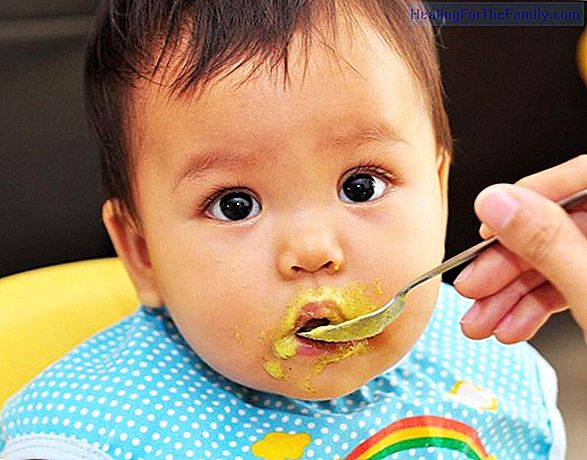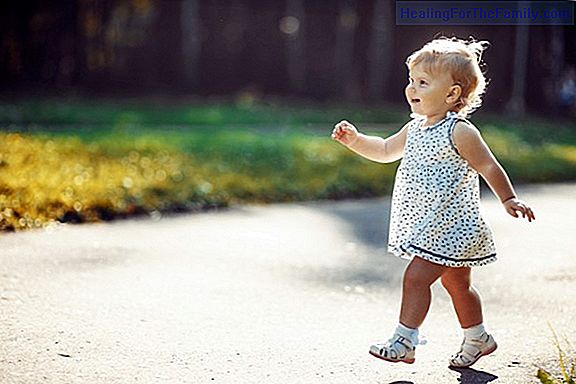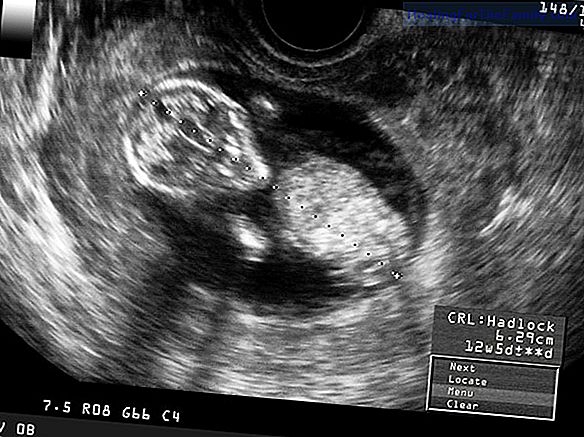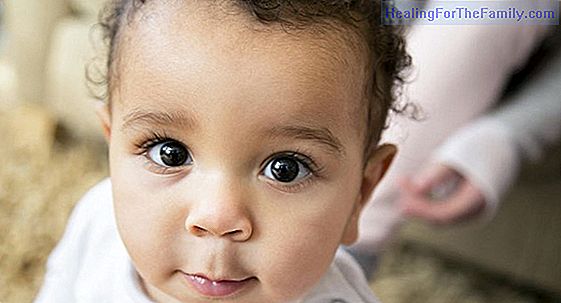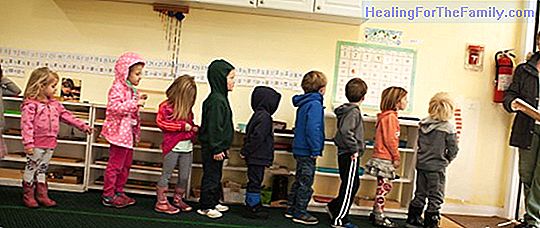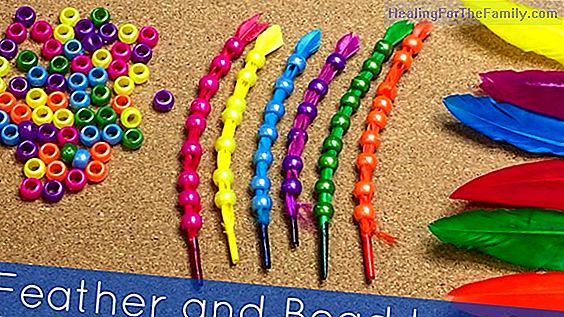The rebellion in children
Throughout their development, children suffer many changes due to the search for their identity. The most important periods of rebellion in children occur between 2 and 6 years and adolescence since these are stages in which the child's own will appears to want to do what he believes is right They a
Throughout their development, children suffer many changes due to the search for their identity. The most important periods of rebellion in children occur between 2 and 6 years and adolescence since these are stages in which the child's own will appears to want to do what he believes is right
They are periods, certain times, in which children go through difficulties and in which parents must accompany them to the rhythm of their changes. Therefore, rebellion is associated with this difficulty on the part of parents to follow the change of their children.
Causes of rebellion in children
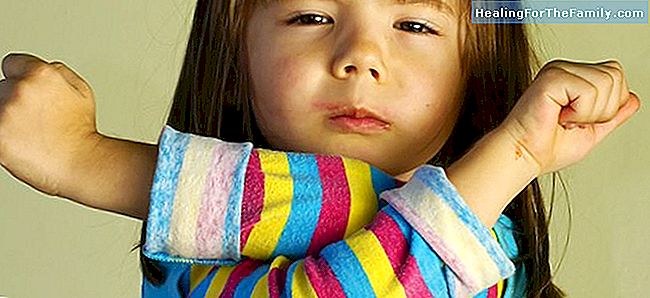
- The search for autonomy. The child begins to question things. It's a good thing because the end of children's education is that they become autonomous, but it can be hard on the part of the parents because this search means a readjustment to their child's behavior. In addition, the child begins to be able to do things that previously could not and the parents are not able to make a new evaluation of what the child is now capable.
- Authoritarian parents. A child who is accustomed to obey based on punishment will stop doing certain tasks but will not understand the reason why they should not do so. For example, if the 1-year-old child only wants to eat when he picks up the spoon or grabs it with his hand, but the mother or father does not leave him and they get angry, he will not understand it and his response will be shouting, not wanting to eat , etc. Since your "opinion" will not be taken into account. In the long term, the result will be disobedience accompanied by resentment, insecurity and low self-esteem.
- Be condescending. Sometimes, due to fears, parents prefer to be "friends" with their children and to consent to them rather than to educate them. This attitude reaffirms the patterns of rebellious behavior in children and even increases their aggressive attitude. It is also possible that this attitude so indulgent parents make this disobedience of children appear by the lack of limits and the search for rules by the little ones
What we can do to rebellious children
The fundamental thing is to be able to reach a balance, that is, letting the child make his own decisions and finding his autonomy, but avoiding the generalization of bad behaviors Some guidelines for managing rebellion:
-
Avoid punishment and reinforce positive behaviors: look for solutions far from the Punish and use reinforcers when you do something right. For example, phrases, kisses, caresses, etc. -
Establish clear rules and not let them fail -
Give alternatives: that the child can decide and reaffirm. For example, dress with the clothes you want, choose the story you want to read, etc. -
Show that you love him : tell him that the behavior he has had bothers you but that you do not stop him from wanting-
Listen: and not impose, that is how we give him the message that his opinion counts. - Count to ten:
Do not enter into direct struggles with him. Breathe, calm down the 2 and then explain to the child why he can not do certain things. -
Patience and understanding: keep in mind that it is a normal stage in your development and be patient and understanding.


